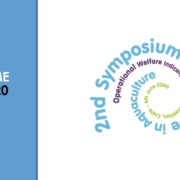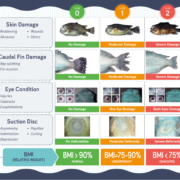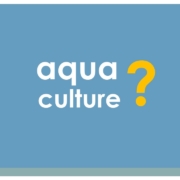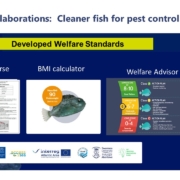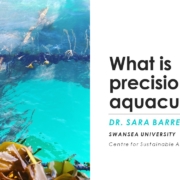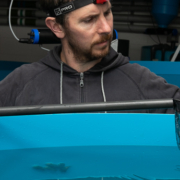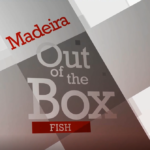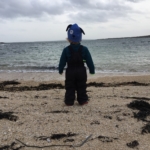Marine Spatial Planning in times of COVID
In times of COVID, healthy eating and living become even more relevant. Seafood is, of course, considered to be an important part of a healthy diet.The fish is the dish campaign, run by SEAFISH in the UK puts it plainly in the paragraph below:
“Warmer, sunnier days help boost our vitamin D levels. But if the current climate means you need to self-isolate and cannot go outside, Sea fish’s nutritional consultant Juliette Kellow comes to the rescue with her guide to how fish can boost your vitamin D levels.”


Fish is served at UK schools only once a week, often as a menu option and only one kind of seafood offered. Cost and lack of knowledge on how to cook seafood seems to be the main obstacles to increasing consumption.
Raising consumers’ awareness on the health benefits of seafood, is a public priority. Selfish, a Non-Departmental Public Body (NDPB) HAS £10 billion budget to support UK seafood industry. Fish is the Dish is Seafish’s consumer brand, educating consumers in a fun and supportive way about how easy it is to cook fish, its health benefits and where to buy.

One of the main ways to sustainably increace UK seafood production is to increace local domestic consumption.
The team at the Centre for Sustainable Aquatic Research are participants in the Welsh Government Aquaculture expert panel.
The latest webinar meeting was this Thursday the 14th of May. The meeting focused on Welsh Marine Spatial planning, which is crucial if we want to expand the aquaculture sector in the UK. CSAR is planning the best way to engage with stakeholders and hear their concerns. The sector needs to build resilience to face challenges ahead.
Text and images by Dr Sara Barrento
Centre for Sustainable Aquatic Research, Swansea University

